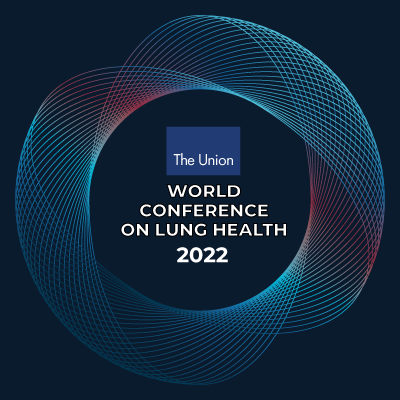MSH at the 53rd Union World Conference on Lung Health
MSH at the 53rd Union World Conference on Lung Health

Addressing this year’s conference theme, “Combating Pandemics: Today & Tomorrow,” the MSH delegation shared our work providing TB care in conflict settings in Ukraine, Afghanistan, and Ethiopia; the importance of mobilizing global policy making and local leadership; the social and economic consequences of TB treatment; and how targeted and integrated screening and testing for TB and COVID-19 can reduce transmission and occurrence of these diseases in conflict settings, now and into the future.
MSH Symposia
Providing TB Care Under Conflict Settings: An Overview of the Global Guidance and Lessons from Afghanistan, Ethiopia, and Ukraine
November 11th
9:00 am – 10:20 am EST
- Over the last few years, a combination of natural disasters, COVID-19, and social conflicts have impacted the national health systems of many countries. Such shocks can weaken health systems by modifying community-level service supply and demand and by affecting social determinants of health. The impact is particularly visible on programs with measurable indicators, as is the case with national TB programs. Moderated by MSH’s Pedro G. Suarez, this symposium 1) reviewed the existing global guidance on how to provide TB services in humanitarian settings, and 2) shared lessons from countries that have been affected by conflicts and other shocks.
From Domestic Resource Mobilization to Global Policy Making: How Can TB Get Its “Fair Share” of Financing?
November 11th
9:00 am – 10:20 am EST
- TB is the second leading infectious killer after COVID-19 and the 13th leading cause of death worldwide. Despite the high burden of disease, and the fact that TB disproportionately affects the poorest and most vulnerable, funding for TB persistently falls short of the need. Why does TB still not receive its “fair share” of financing, and what can be done to address this problem? This symposium, moderated by MSH’s Zina Jarrah, explored the challenges and opportunities of financing TB sustainably, from incremental national reforms to driving policy change at the global level.
Oral Presentations:
Ethiopia’s USAID Eliminate TB Project
Stakeholder Engagement Improved Uptake and Turnaround Time of GeneXpert Test Results in Ethiopia
- Specimen referral is critical for early sputum pick-up, shipment, test performance, and result feedback. In Ethiopia, the system is designed in an integrated manner and run by the postal courier service. The specimen referral service needs a reliable tracking system at each level among referring, testing, and courier service providers.
Engaging Local Organizations Improved Community TB Care and Can Help with Sustainability in Ethiopia
- The proportion of community TB contribution to all TB cases has never been more than 20% in Ethiopia. The involvement of local organizations in community TB care has improved community TB contribution, contact investigation, and tuberculosis preventive treatment coverage as compared to other comparable districts.
e-Poster Presentations:
Ethiopia’s USAID Eliminate TB Project
Ethiopia — FIND/ACT-A Project
Assistance for Families and Indigent Afghans to Thrive (AFIAT)
Afghanistan Urban Health Initiative (UHI)
For more than 20 years, we have managed complex TB projects, partnering with public- and private-sector partners to develop quality and sustainable solutions at all levels of the health system to meet the needs of communities affected by TB. Read more about our work on TB.